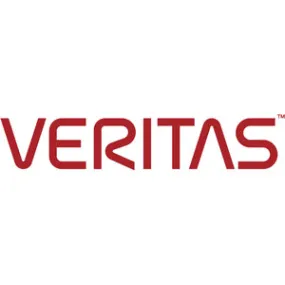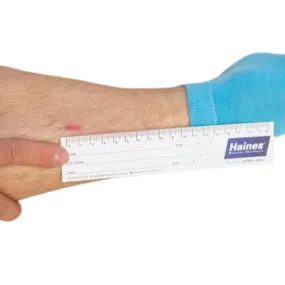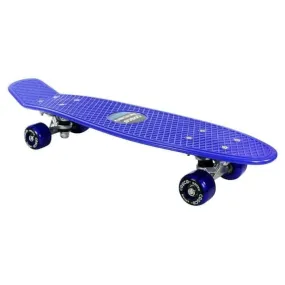Mini Carders or Blending Brushes are great tools for pressing fibers into your Blending Board or Drum Carder, or for flicking open locks when hand carding. Two handle lengths are available in 54, 72, 90, 120, 190 TPI for fiber artists of all skill levels. Enjoy easily forcing fiber into the blending board or drum carder using the teeth pointed away from you; the beauty of this means you can press the fibers exactly where you placed them on your work surface. Facing the teeth towards you creates a carding effect.
Choose from 2.25" or 4.25" handle lengths. Long handles tend to be popular for their ease of use, as some may not be able to grasp the short handle. The
shorter handle is designed to be used for more precise work. Although both lengths have a great rocking motion, the shorter handle makes this task much easier.
Paradise Fibers tools are painstakingly created with high levels of craftmanship and artistry. You are sure to be pleased with the outstanding woodwork and details put into these beautifully built fiber processing tools.
Product details:
- Material: Solid Maple
- Overall size - 2 1/4" by 2 3/4"
- Short handle length - 2 1/4"
- Long handle length - 4 1/4"
- Available TPI - 54, 72, 90, 120, 190 TPI
- The tines on these are a little stiffer than our blending boards.
These Mini Carders or Brushes go Perfectly with The
How to choose the correct Teeth Per Inch (TPI):
The carding cloth’s teeth per inch (tpi) measures how densely the teeth are packed together. That density determines how much texture of roving is removed and how much color is blended in a single pass. The higher the number, the finer the carding cloth and the more smooth and blended the fiber becomes.
Think of tpi as it applies to a hairbrush: If you have fine hair, you use a brush with lots of bristles close together. This gives a smooth finish. When you have curly hair, you use a wide-tooth comb or a brush with stiff bristles that are far apart. These bristles leave the curls together rather than separating and smoothing them out.
Although coarse and textured fibers are best carded on low-tpi carders, fine fibers can also be carded on equipment with less dense carding cloth. One way to match up your cloth with your fibre is by paying attention to the micron counts (approximate) of your fleece. Let’s consider anything between 18-24 micron is ‘fine’, that 24-32 Micron fibers are ‘medium’ and 33 micron fibers are ‘coarse:
- Fine - tpi of 120< OR 90< for a blending board: (Merino, Alpaca, or Cormo) To card smooth, lofty batts and rolags with little to no texture or blend fibers and colors together thoroughly. Fine fibers are best used on high-tpi carding equipment. To card more textured or coarser fiber on a tool with a high tpi measurement, it is important to pick open the fiber first.
- Medium - tpi around 72: (BFL, Cheviot, Shetland) For most uses, including carding most wool. It can accommodate a range of fiber diameters, create somewhat textured fiber preparations, and blend and smooth moderately fine batts.
- Coarse - tpi 50>: (Lincoln, English Leicester, Herdwick) To keep lots of texture in the fibers and blend loosely, this will give you a chunky, textured batt. If you are carding multiple kinds of fiber together, you will get bold variations on a single pass.
Follow the link for more information on tpi and blending:

 Cart(
Cart(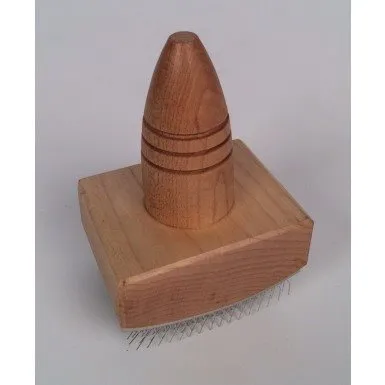
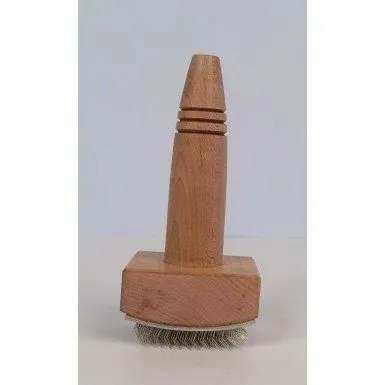
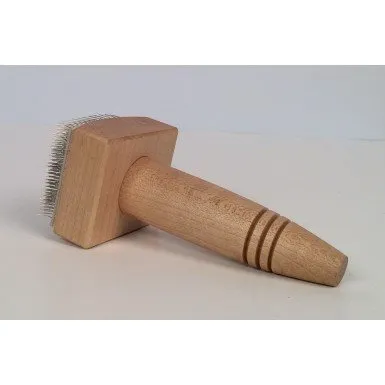
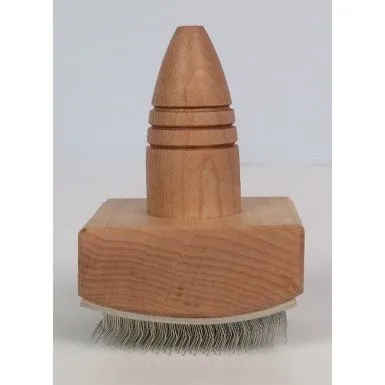
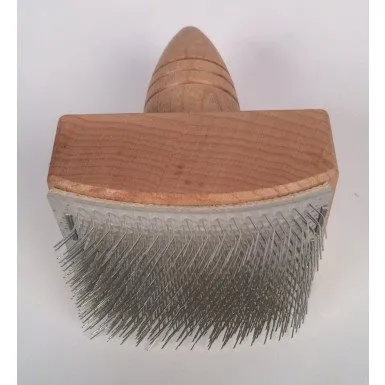
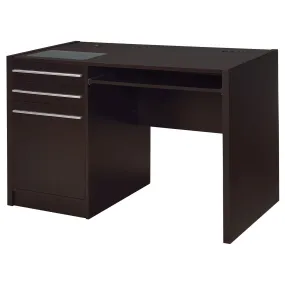
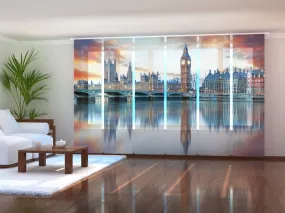
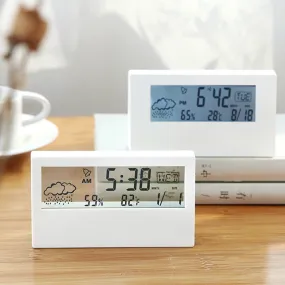


![Horizon Quadro 2 Person Run Square Legs Office Workstation [1400L x 800W with Cable Scallop] Horizon Quadro 2 Person Run Square Legs Office Workstation [1400L x 800W with Cable Scallop]](https://www.tabnchart.shop/image/horizon-quadro-2-person-run-square-legs-office-workstation-1400l-x-800w-with-cable-scallop_vQ3V3D_285x.webp)
